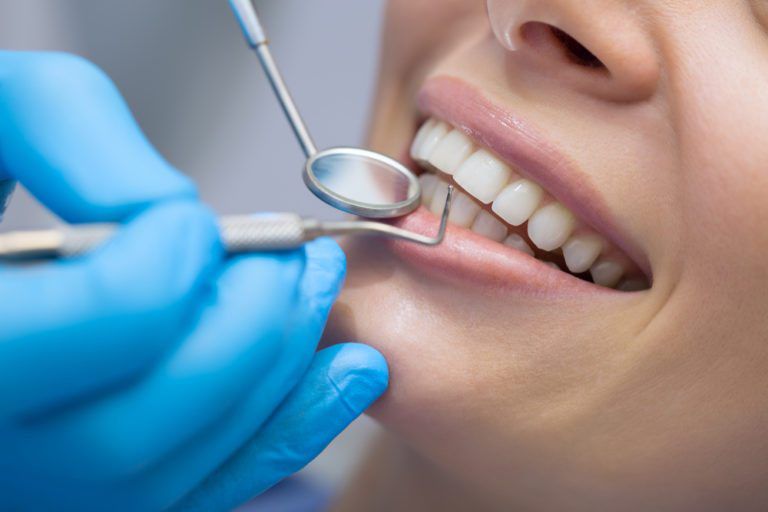
Many people opt for dental surgery so as to correct some dental imperfections for a healthy dentition, but, one should prepare for it for optimal results.
What is dental surgery ?
By definition, the term surgery refers to a branch of medicine, in this case dentistry aims at treating diseases, trauma or specific conditions by means of internal manipulations and precision instruments. These operations are performed under general or local anaesthesia by a dental surgeon.
Since these procedures are intrusive (to varying degrees) and require a longer preparation and healing time, they are not taken lightly.
A variety of procedures with common goals
The main surgical procedures that are performed are dental extractions, particularly of wisdom teeth, dental implants (the placement of dental implants), dental veneers, gum treatment…
Although aimed at various structures and with different purposes (removal of a diseased or potentially problematic tooth, replacement of a missing tooth, strengthening of tooth retention, etc.), these manipulations share common goals :
-To treat a disease, condition or trauma and its associated consequences
-To Preserve the health of the mouth by stopping a disease or source of potential problems
-To restore the functional and visual capabilities of the smile.
Fears are normal
This type of surgery can be a source of fear for the patient. There is often a fear that the surgery will be complicated and painful and that it will cause discomfort and pain in the days that follow. These fears are normal especially those about its effects and post-surgical difficulties. When properly prepared, surgical procedures are usually completed without major problems. In addition, the discomforts associated with recovery are usually manageable and of limited duration.
Some tips to prepare for dental surgery
-Talk to your dentist about your fears and your history : this way, he or she will be able to adapt his or her actions to put you at ease and increase your comfort. It is also important to provide a list of the medications you are taking as some of them may interact with the used products especially anesthetics.
-Get informed : ask all the necessary questions about the procedure, the expected results and the recovery period.
-Plan well for the surgery and the period of recovery : plan days off to give yourself time to rest. Make sure you have the necessary supplies for your recovery (food, medication, etc.).
-Follow the advice and instructions of your dental surgeon.

